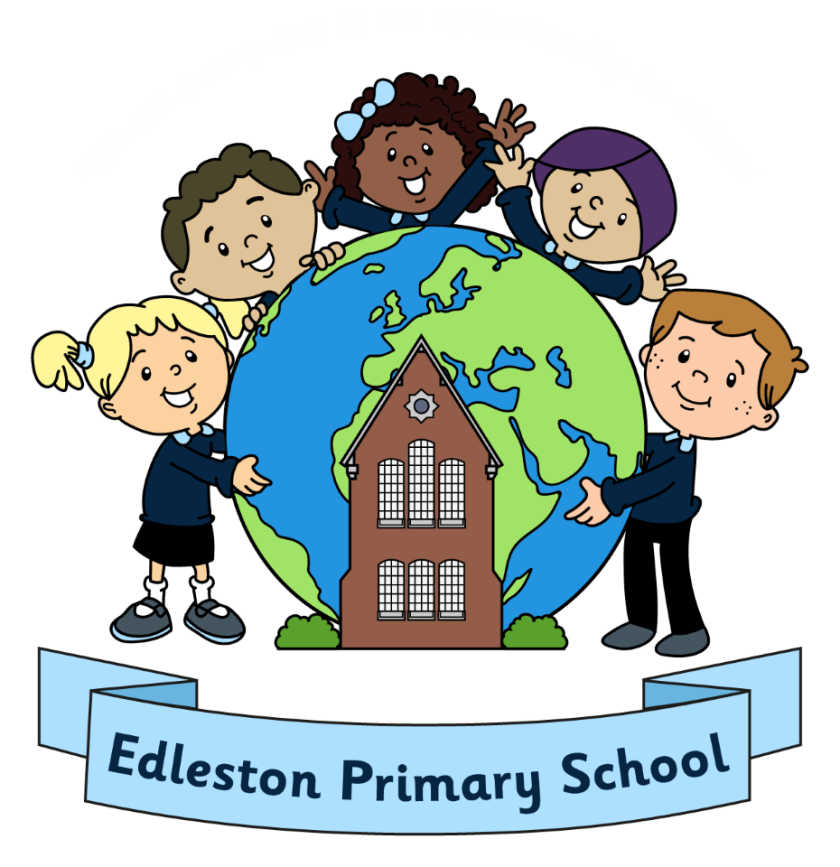Geography
Vision
Through our teaching of Geography at Edleston Primary School, we aim to develop the children’s love and understanding of the world around them. We hope to foster and inspire their curiosity, fascination, and willingness to protect the planet we all call home, and this will remain with them beyond their years in Edleston.
Geography provokes and answers questions about the natural and human world. It develops knowledge of places and environments throughout the world, an understanding of maps, and a range of problem-solving and investigative skills both inside and outside the classroom. Geography is an important link between natural and social sciences and focuses on understanding and tackling issues concerning the environment.
Geography also helps our children to understand how and why places are changing and to better predict what the likely future may be. This approach deepens understanding of what places are like, why and how they are connected and the importance of location.
What are we aiming for?
Our Geography curriculum aims to create children who:
- Are curious about the world and its people
- Have an understanding of their place within the world and how they can impact upon this
- Show tolerance and respect towards cultural differences
- Have a commitment to sustainable development and an appreciation of what ‘global citizenship’ means
- Understand human and physical features in the world, including natural disasters and climate change
- Are confident in using a range of geography-based skills
How do we achieve this?
The National Curriculum organises the Geography attainment targets under four subheadings or strands:
- Locational knowledge
- Place knowledge
- Human and physical geography
- Geographical skill and fieldwork
We use Kapow's Geography scheme to support our Geography curriculum, which has been carefully designed to build upon knowledge and skills progressively.
Key concepts are revisited so that children can develop a deeper understanding as they journey through the school. Meaningful links have been made, which helps our children to understand how and why places are changing and to better predict what the likely futures maybe. This approach deepens understanding of what places are like, why and how they are connected and the importance of location.
Intent
In order to do this, we follow the Programmes of Study taken from the National Curriculum for Geography. Our teaching equips pupils with knowledge about places and people, resources in the environment and an understanding of the interaction between physical and human processes that have shaped some of our landscape and environments. Geographical knowledge, understanding and skills provide the framework to explain how the Earth’s features are shaped, interconnected and change over time. We also want the children to develop geographical skills through collecting and analysing data, including using maps or atlases, globes, aerial photographs, and digital mapping; and be able to name, identify and locate countries, continents, and oceans across the planet. We encourage the children to be able to communicate their learning through a variety of ways such as: diagrams, tables, graphs and of course writing. We aim to provide lessons in and outside of the classroom, which include fieldwork and educational visits, which enable the children to enjoy and be immersed in real life geography.
Implementation
Geography is taught throughout school, beginning in the Early Years, progressing through Key Stage 1, and continuing right up to the end of Key Stage 2. Each year’s group teaches progressive elements of the curriculum, focusing on different parts of the world in each year group. By the end of Upper Key Stage 2, we aim to have given our children a wide-ranging exposure to both human and physical geography, across many countries and continents throughout the world and that they have had the opportunity to explore and investigate places that are both close to and far away from home.
Each year group is taught skills and knowledge that include map work and field studies. They will be taught both human and physical aspects of Geography and how these have shaped environments and urban landscapes. Our curriculum is designed to build on each year’s previous learning, and is reinforced with activities including games and quizzes, that consolidates not only a child’s understanding of a subject, but also encourages their curiosity to find out more about it.
Foundation Stage.
Understanding the world involves guiding children to make sense of their physical world and their community through opportunities to explore, observe and find out about people, places, technology, and the environment. This is implemented through planned, purposeful play and through a mix of adult-led and child-initiated activities.
The world: our children will learn about similarities and differences in relation to places, objects, materials and living things. They will talk about the features of their own immediate environment and how environments might vary from one another. They will make observations of animals and plants and explain why some things occur and talk about changes that happen.
Impact
We are surrounded by the world we live in, and our surroundings have an effect on us all on a daily basis. Through the teaching of geographical knowledge and skills, we believe at Edleston that we encourage our children to be as responsible as they can be, and help to maintain and care for, not only the immediate world around them, but also for peoples and places across the world. We believe that knowing about and understanding the world around them, helps children develop this responsibility and gives them the confidence to implement changes that make our world a better place for everything that can be found here both now and in the future.
